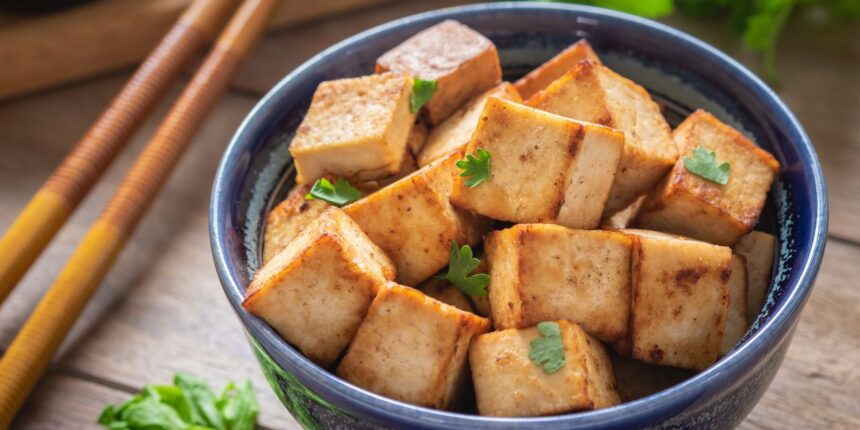Thanks to all those childhood lectures about the importance of strong bones and teeth, dairy has been drilled into our heads as the premier dietary source of calcium, but it’s not the only one. In fact, there are plenty of calcium-rich foods out there that don’t contain any dairy at all. And since calcium intake isn’t exactly something you can opt out of (more on that in a sec), that’s good news for people who have a health issue that keeps them from digesting milk (like lactose intolerance or a dairy allergy)—not to mention folks who simply don’t like the taste or texture.
Calcium is instrumental for developing strong bones and teeth, supplying both structure and hardness to your physical architecture. What you might not know, however, is that the mineral also keeps your heart, muscles, and nerves functioning normally: Among other roles, it facilitates blood clotting, helps muscles contract, and regulates heart rhythm and nerve function. It’s so vital, in fact, that if you don’t take in enough, “the body will pull calcium from our bones to make up for it,” Desiree Nielsen, RD, a recipe developer with a focus on plant-based nutrition, tells SELF. Without sufficient calcium intake, you may have an increased risk for certain health conditions, including rickets (in children), osteoporosis (especially in older women), and osteomalacia (a disease that can cause soft, weak bones in both adults and children). What’s more, even a mild calcium deficiency can cause symptoms like brittle nails, dry, scaly skin, and muscle cramps that progress the further your levels drop.
Basically, calcium isn’t a nutrient to neglect, so even if you’ve sworn off dairy, you’ll still need to find a way to take in your daily recommended amount, which typically ranges from 1,000 to 1,300 depending on your age, gender, and pregnancy and lactation status. To achieve that goal (and avoid becoming one of the many Americans who is calcium-deficient), you have a few options: taking calcium supplements like calcium citrate or calcium carbonate, relying on calcium-fortified foods like some fruit juices, milk substitutes, and cereals—or finding naturally calcium-rich foods that aren’t dairy-based, because, yes, they exist. What’s more, some are on par with an eight-ounce glass of milk, Jasmine Hormati, MS, RD, a certified intuitive eating counselor and the founder of the New York City–based practice Mendinground Nutrition, tells SELF—which contains around 300 milligrams of calcium (though not all of it is able to be absorbed by your body). Read on for some top categories of nondairy calcium-rich foods, along with some more specific options for meal inspo.
Leafy greens
You probably wouldn’t expect veggies to have much in common with dairy products, so you might be surprised to learn that many leafy greens rank high on the list of nondairy calcium sources. Skeptical? Here are a few examples listed in order of how much calcium they contain in a standard portion:
Read the full article here



